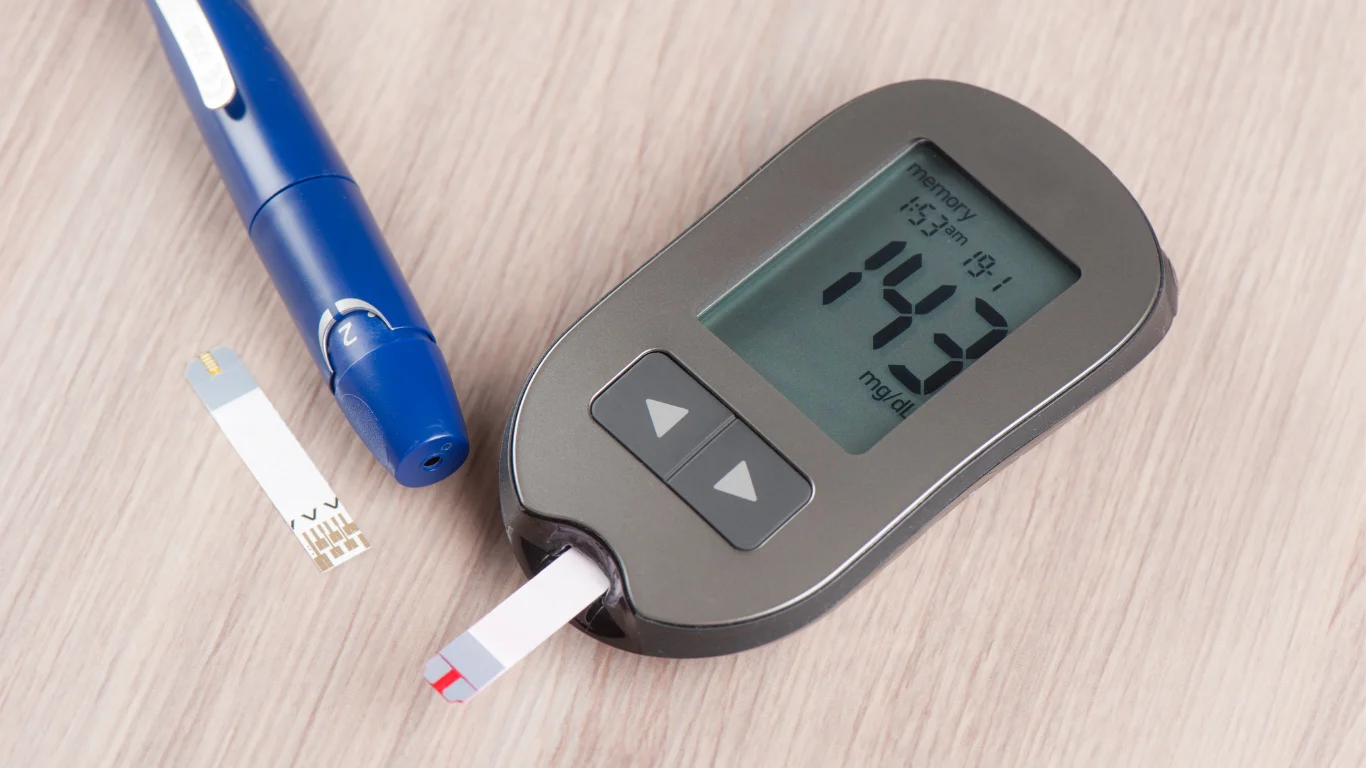Magnesium is an essential mineral that keeps your body functioning smoothly. Despite its importance, magnesium often doesn’t get the attention it deserves. It plays a vital role in muscle and nerve function, energy production, and maintaining healthy bones. Unfortunately, magnesium deficiency is common and can lead to various health issues. Let’s explore why magnesium matters, how to recognize a deficiency, and how to maintain optimal levels.
Why Magnesium is Important
Magnesium is involved in over 300 biochemical reactions in the body, making it a true powerhouse for health. Its primary functions include:
- Muscle and Nerve Support: Ensures proper muscle contractions and nerve signaling.
- Heart Health: Regulates blood pressure and promotes a steady heartbeat.
- Bone Strength: Aids in calcium absorption to maintain strong bones.
- Energy Production: Helps convert food into energy, combating fatigue.
Many people fail to consume enough magnesium through their diet, which can negatively impact their health over time.
Symptoms of Magnesium Deficiency
Magnesium deficiency can develop subtly, with symptoms that are easy to overlook. Common signs include:
- Muscle cramps, spasms, or twitches.
- Persistent fatigue and low energy levels.
- Difficulty sleeping or heightened anxiety.
- Irregular heartbeat or palpitations.
For a comprehensive list of symptoms, refer to this resource by Care Insurance.
What Causes Magnesium Deficiency?
1. Poor Diet
Diets low in magnesium-rich foods, such as nuts, seeds, and whole grains, can lead to deficiencies over time.
2. Lifestyle Factors
Chronic stress, excessive alcohol consumption, and high caffeine intake are all linked to magnesium depletion.
3. Medical Conditions
Conditions like Crohn’s disease, diabetes, and kidney disorders can impair magnesium absorption or cause excessive magnesium loss.
4. Medication Side Effects
Certain medications, including diuretics, antibiotics, and proton pump inhibitors, can reduce magnesium levels in the body.
How to Boost Magnesium Levels
1. Incorporate Magnesium-Rich Foods
Include these foods in your diet:
- Leafy greens (spinach, kale).
- Nuts and seeds (almonds, pumpkin seeds).
- Whole grains (quinoa, brown rice).
- Dark chocolate (a delicious source of magnesium!).
2. Consider Supplements
Magnesium supplements, such as magnesium citrate or glycinate, are effective options for restoring levels. Consult a doctor to determine the right type and dosage for your needs.
3. Manage Stress
Chronic stress can deplete magnesium. Practices like meditation, yoga, and deep breathing can help maintain healthy levels.
4. Seek Professional Guidance
If symptoms persist, consult a healthcare professional. With Best DOC Home Healthcare, you can access doctor-on-call services to address your concerns from the comfort of your home.
Who is Most at Risk?
Certain groups are more vulnerable to magnesium deficiency, including:
- Older Adults: Magnesium absorption decreases with age, while excretion increases.
- Individuals with Chronic Conditions: Diabetes, gastrointestinal disorders, and kidney disease can interfere with magnesium balance.
- Pregnant Women: Pregnancy increases the body’s demand for magnesium.
If you belong to one of these groups, regular magnesium monitoring can help prevent long-term health issues.
Prevention and Long-Term Health
Maintaining healthy magnesium levels is essential for overall well-being. Here’s how to stay proactive:
- Eat a varied diet rich in magnesium.
- Limit alcohol and caffeine, which can deplete magnesium stores.
- Schedule regular health check-ups to monitor nutrient levels and address any deficiencies early.
Optimal magnesium levels can reduce the risk of chronic conditions such as cardiovascular disease, osteoporosis, and migraines.
Conclusion
Magnesium is a vital but often overlooked mineral that significantly impacts your health. From boosting energy to supporting heart health, magnesium is crucial for a thriving body. If you’re experiencing symptoms of deficiency or are at higher risk, take action today. Consult with Best DOC Home Healthcare’s Doctor on Call service to address your concerns and restore your magnesium balance.
Invest in your health—your body will thank you!











